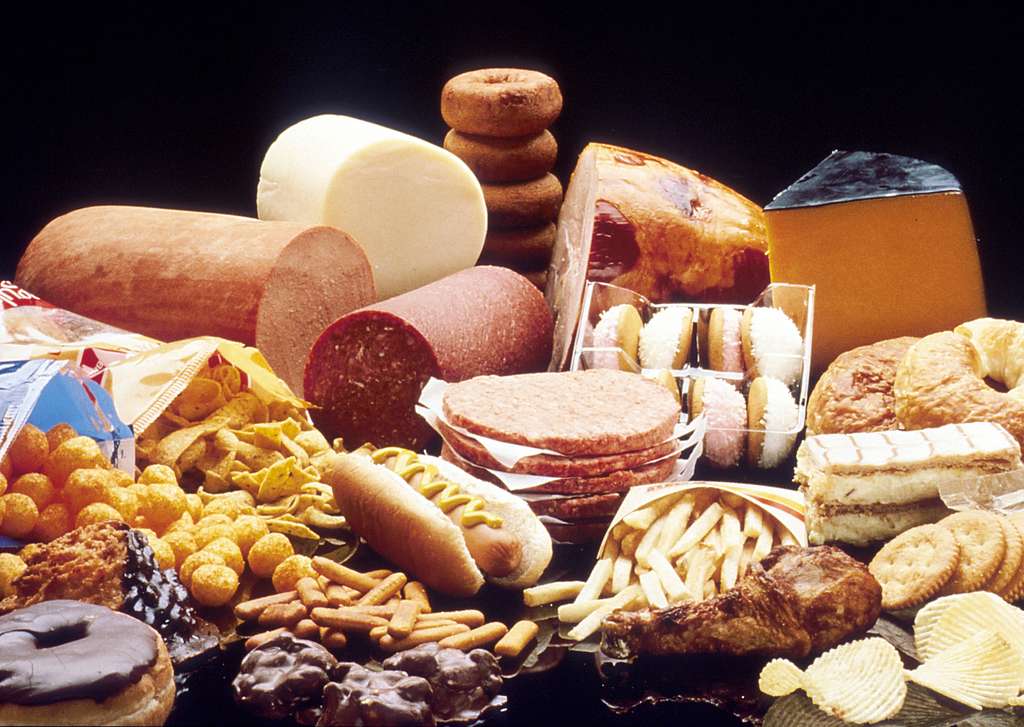On March 19, the California State Assembly passed Assembly Bill (AB) 1264, which is now actively going through legislation. Authored by Assembly member Jesse Gabriel (D-46), the bill states that the California Office of Health Hazard Assessment is required to classify harmful ultra-processed foods, otherwise known as UPFs, to achieve a nationwide goal of improving student health. With an estimated one billion ultra-processed meals distributed to students across the United States, AB 1264 aims to ensure the quality and value of nutrition provided in these meals.
Harmful ultra-processed food will be determined by checking for a list of restricted ingredients, high amounts of sugar, fat, and salt, and if it encourages a UPF addiction.
To raise awareness on the effects of ultra-processed foods, organizations such as Consumer Reports and the Environmental Working Group co-sponsored this bill with full support. Prioritizing health and growth of the youth population, Democrats and Republicans have formed bipartisan support for this bill, sharing a common goal of supporting children’s welfare. As Democrats hold campaigns promoting healthy options to substitute for UPFs, Republicans support the bill by using market-based solutions and giving parents specific details on ultra-processed foods.
“In California, Democrats and Republicans are joining forces to prioritize the health and safety of our children,” Gabriel said.
The goal for AB 1264 is to promote the health of students in schools. According to Stanford Medicine News, ultra-processed foods are linked to cardiovascular diseases, Type 2 diabetes, and cancer. This includes everyday meals such as cereal, bread, and pizza. The National Institutes of Health (NIH) compares the similarity of nicotine and UPFs, as both have withdrawal effects including fatigue, cravings, and headaches, caused by their harmful additives.
If passed, AB 1264 will require schools and food vendors to follow nutritional guidelines, and lunches will be required to be available to all students free of charge regardless of their eligibility for a federally funded meal.
Starting February 2027, food vendors nationwide must submit annual nutritional values for each product, with the prohibition on ultra-processed foods taking effect on Jan. 1, 2032. In addition, starting July 2027, the office working with the Department of Education will be required to submit reports to Legislature and the Governor, analyzing the data and substitutions to reduce UPF consumption in schools.
As of Sept. 15, AB 1264 has not yet been signed into law by Governor Newsom. If the bill is accepted and turned into law, schools will be mandated to replace ultra-processed meals with healthier alternatives, urging people to decide between taste and health.
“Schools should not be serving students ultra-processed food products filled with chemical additives that can harm their physical and mental health and interfere with their ability to learn,” Gabriel said.

























































